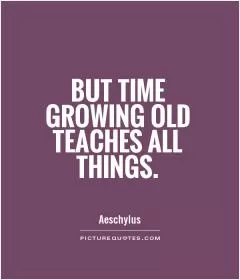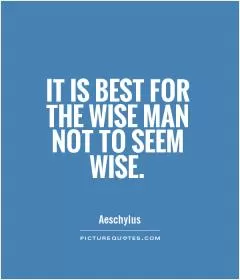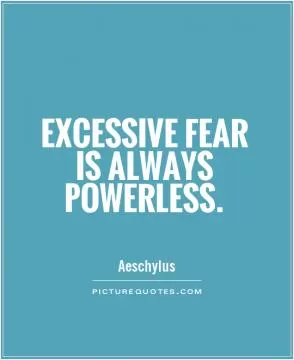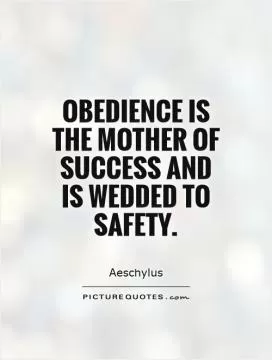To be free from evil thoughts is God's best gift

To be free from evil thoughts is God's best gift
In the works of Aeschylus, the concept of being free from evil thoughts is a recurring theme that reflects the playwright's deep understanding of human nature and the struggle between good and evil. Aeschylus, often considered the father of Greek tragedy, was known for his exploration of moral and ethical dilemmas, and his plays often grappled with the consequences of succumbing to negative impulses and desires.In Aeschylus' plays, characters are often faced with difficult choices that test their moral character and integrity. The consequences of giving in to evil thoughts are portrayed as destructive and ultimately lead to tragedy and suffering. For Aeschylus, the ability to resist temptation and remain virtuous is a divine gift that brings peace and fulfillment.
One of Aeschylus' most famous works, "The Oresteia," explores the theme of justice and revenge, and the destructive power of hatred and violence. The protagonist, Orestes, is driven by a desire for vengeance after his father is murdered by his mother, Clytemnestra. Throughout the play, Orestes struggles with conflicting emotions and impulses, torn between his sense of duty and his desire for retribution. In the end, it is only through the intervention of the gods and the guidance of Athena that Orestes is able to overcome his evil thoughts and find redemption.












 Friendship Quotes
Friendship Quotes Love Quotes
Love Quotes Life Quotes
Life Quotes Funny Quotes
Funny Quotes Motivational Quotes
Motivational Quotes Inspirational Quotes
Inspirational Quotes